Integrative Medicine AOC
Integrative Medicine as defined by the Consortium for Academic Health Centers in Integrative Medicine (CAHCIM):
Integrative Medicine is the practice of medicine that reaffirms the importance of the relationship between practitioner and patient, focuses on the whole person, is informed by evidence, and makes use of all appropriate therapeutic approaches, healthcare professionals and disciplines to achieve optimal health and healing.
At the Swedish Cherry Hill Family Medicine Residency, we recognize the importance of a holistic approach to the health of patients and their families. There are numerous factors that affect and individual’s health and likewise, a multitude of modalities that can be used effectively to treat a patient. The AOC in Integrative Medicine provides residents the skill set of offering this comprehensive, holistic approach to patients in an evidence-based manner.
Objectives
The Integrative Medicine Track is designed to provide motivated residents opportunities to:
Learn more about physician self-care, complementary, traditional and alternative treatments.
Develop a basic understanding of the most commonly prescribed herbs and supplements.
Learn how to find the evidence behind various alternative and complementary treatments.
Understand the interplay of mental, spiritual, emotional and physical health.
Become familiar with resources for finding information about complementary and alternative health.
Develop basic mind-body medicine skills and apply these tools to patient care.
Learn to collaborate with and when to refer to complementary, traditional, and alternative providers.
Research a topic in integrative health and prepare a presentation.
Develop an integrative approach in caring for underserved patients within a family medicine clinic and incorporate this approach into clinical practice.
Application Requirements
Residents will be selected based on their past demonstrated interest in integrative medicine and the likelihood that they will use the skills acquired in their future practice. Residents must complete a short essay explaining their interest in integrative medicine and meet the following requirements in order to be considered:
Must be in good standing
Must be on track to graduate with adequate outpatient clinic visits and obstetrical continuity deliveries
Must be recommended by their faculty advisor as a resident who could manage the extra workload without negatively affecting their core family medicine training.
Requirements for Completion
In order to successfully complete the Integrative Medicine Track residents must:
Attend the series of “mini-fellowship” monthly sessions that cover integrative medicine topics.
Complete the reading curriculum (related to each monthly session) in integrative medicine.
Perform satisfactorily in the Integrative Medicine Elective
Attend a CME course on a topic relevant to integrative medicine. (Must be approved by track director)
Present a relevant article at journal club
Prepare and present a final scholarly project.
Monthly Session Series
This is a series of monthly sessions on a preset evening. Content includes evidence-based case presentations with information on integrative treatment regimens.
July Nutrition and Health / Botanical foundations
August Mind Body Medicine/Spirituality/Energy medicine
September Homeopathy / TCM / Ayurveda / Manual Medicine
October Depression
November Rheumatology
December Cardiovascular Health
January Pediatrics
February Asthma
March GI Health
April Women’s Health
May Diabetes
June Oncology
Reading Curriculum
This curriculum is designed to provide a sampling of pertinent and interesting reading related to the above sessions in integrative medicine. They consist of evidence-based articles and reviews. As well, there are a couple of books assigned based on the resident’s specific interests.
The readings are distributed at least one week prior to each monthly session to serve as background to each session and relevant discussion for that topic.
CME
Documentation of attendance at a relevant CME meeting in an area of integrative medicine is required. This must be approved in advance by the faculty advisor and AOC director.
Journal Club
A Journal Club (critical appraisal) presentation of an article in an area of integrative medicine is required prior to completion of the AOC.
Final Presentation
The final requirement of the AOC is to prepare a verbal or written presentation on a topic of interest to you in the field of integrative medicine. In most cases, this should be a formal presentation, given as an R3 talk or in another appropriate forum.
You should choose a topic of interest from within your readings and rotation experience. Your topic might pertain to a specific modality, a specific disease topic, or any other area of interest that arose during your focused education in integrative medicine.
In addition, you must complete an evaluation form for your overall experience. This is to help guide future residents, as well as to help the faculty get a better impression of your experience.
Elective Rotation
The goals of the core integrative medicine rotation are as follows:
Provide the resident with exposure to complementary and integrative providers who have been distinguished as teachers of excellence in their respective fields. (Bastyr, Providence Everett Cancer Care Center, Private Integrative Medicine Pediatric Practice, University of Washington)
Begin to develop the resident with a sense of how to use an integrative approach in their own practice through an integrative medicine continuity clinic.
Learn how to look up evidence-based answers to patients’ questions as well as how to find the best evidence on potential complementary modalities for a patient’s health needs.
Identify a personal area of interest such as nutrition or mind-body medicine and begin to develop a deeper knowledge base in that.
Learn how to collaborate with other complementary and integrative providers in the community for a patient’s health care needs.
Create personal food diary and approach one’s own nutrition deficiencies
Learn self-care techniques and identify an integrative approach to the resident’s own life for balance and wellness.
